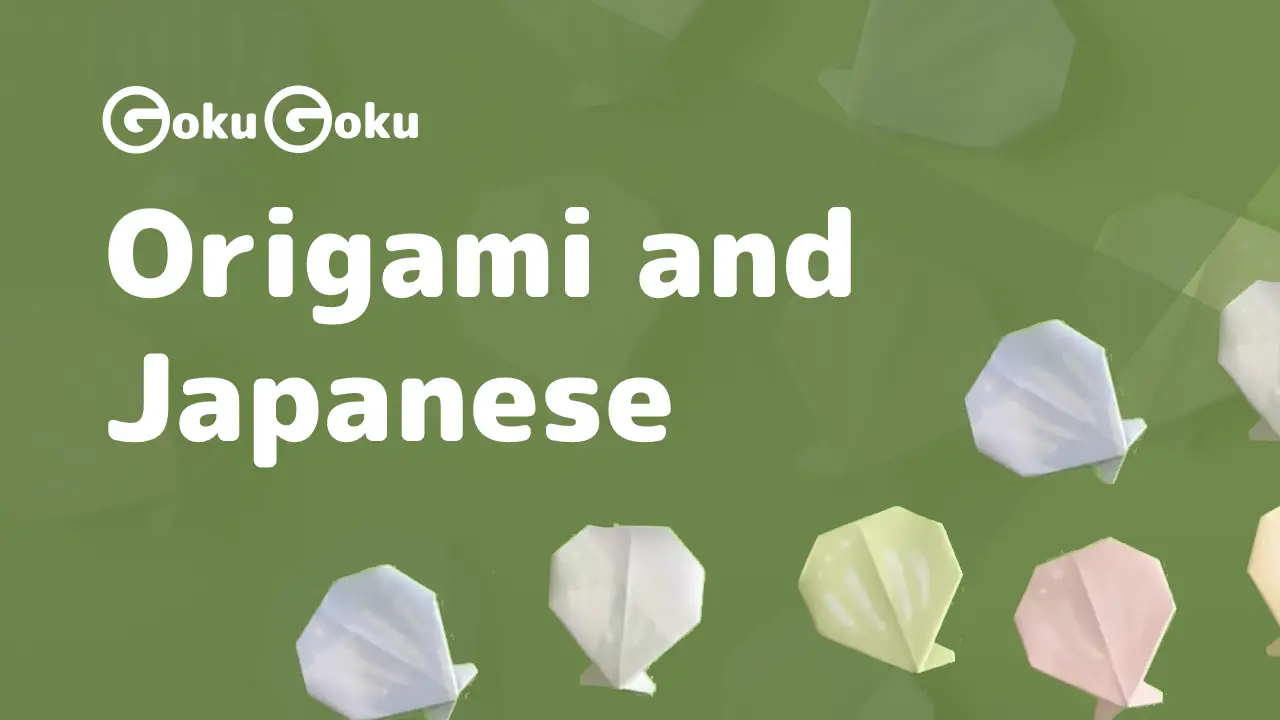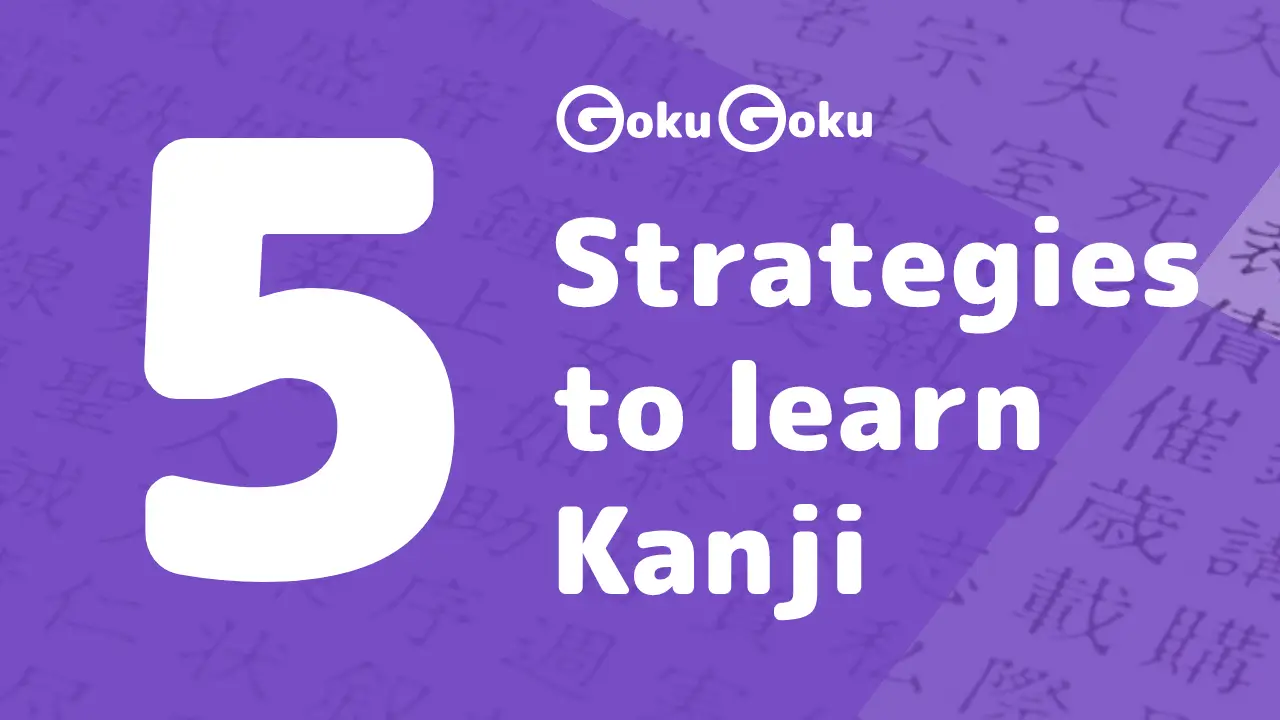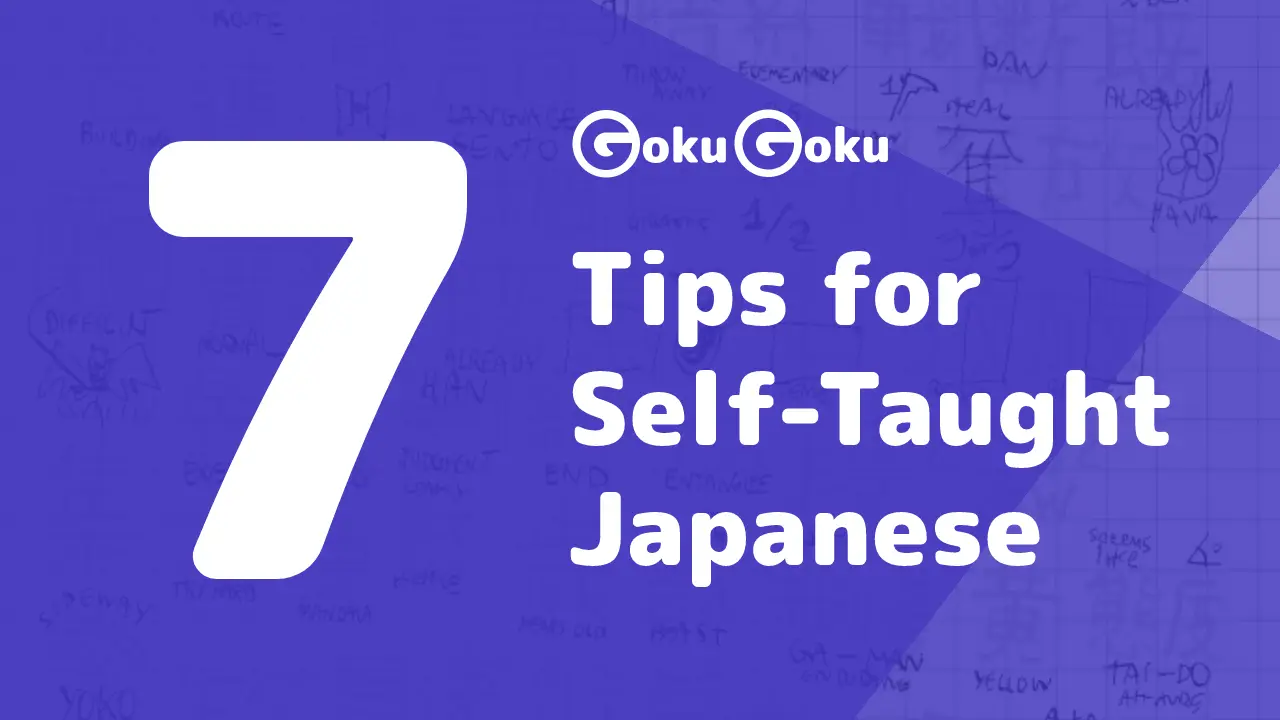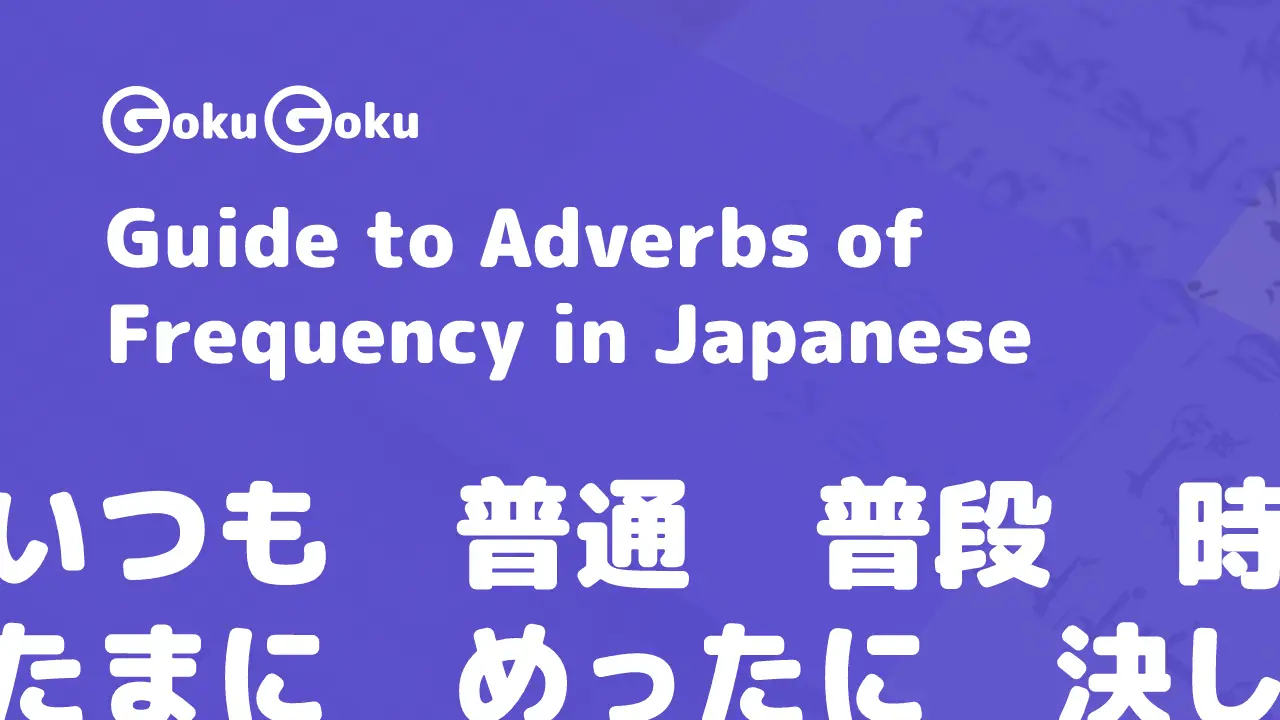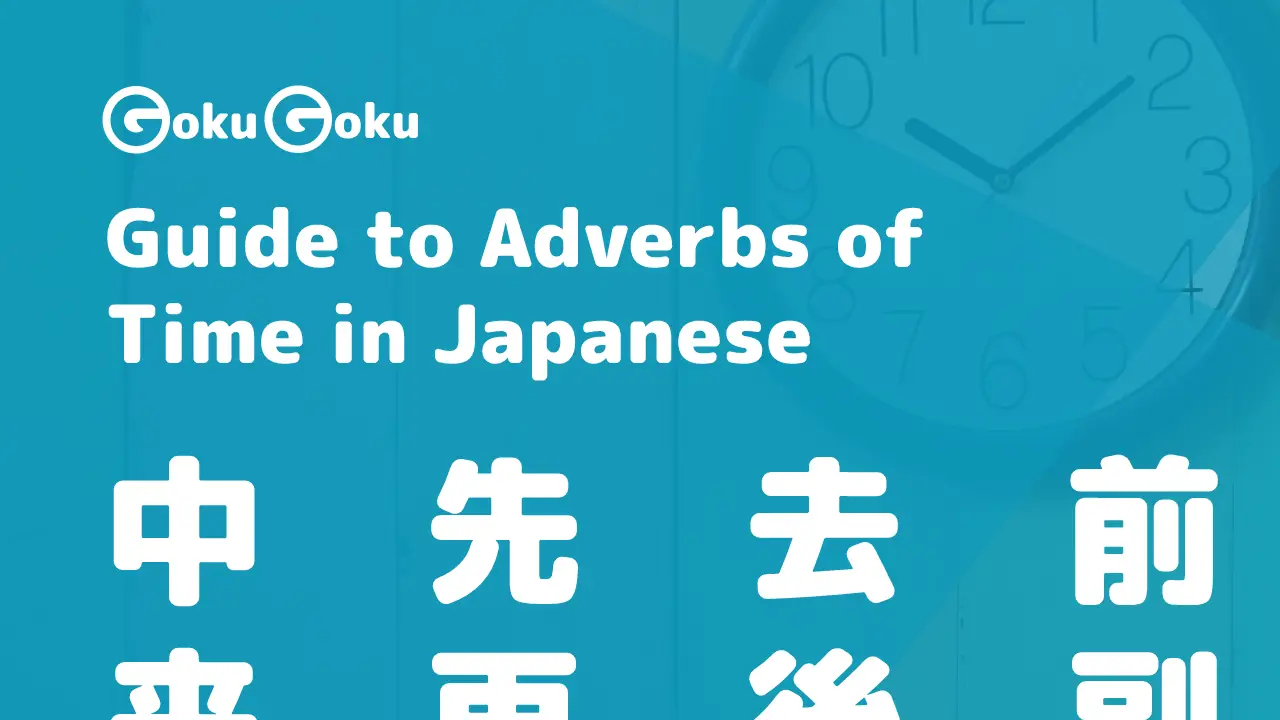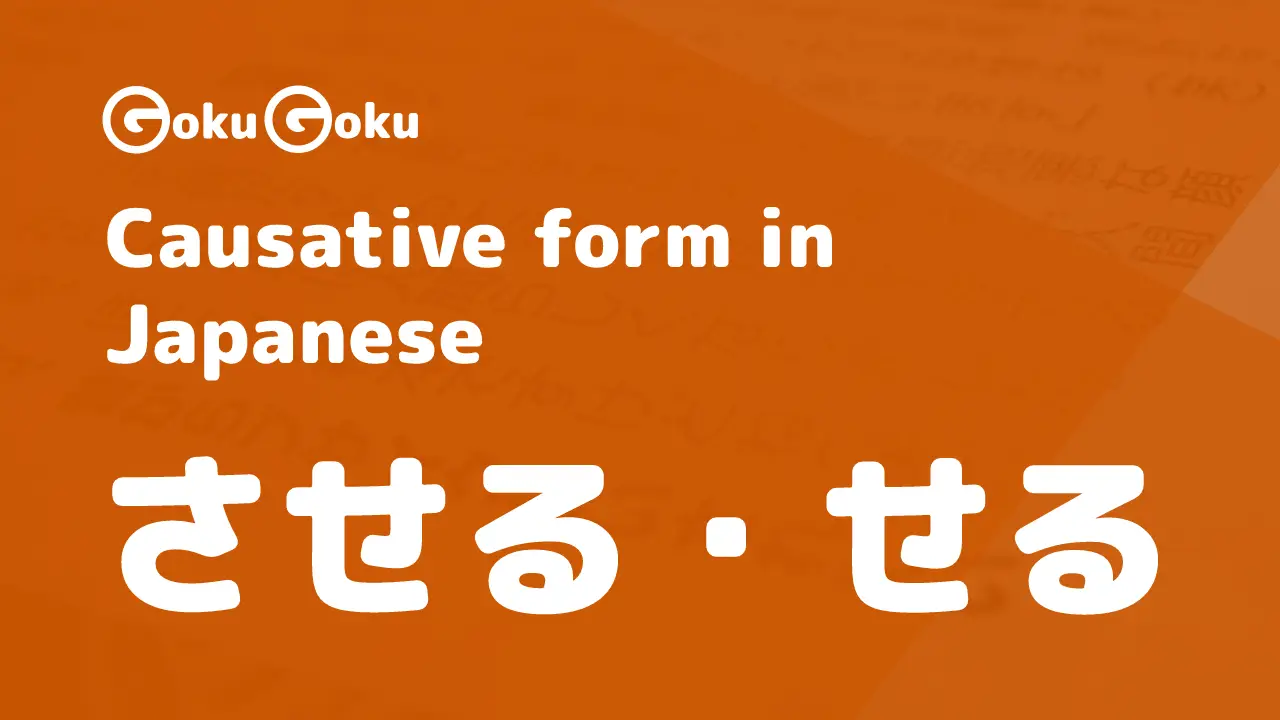The kanji 目 is part of many interesting expressions in the Japanese language. In fact, 目 by itself means eye, but when combined with other words and kanji its meaning changes completely.
Today we are going to learn many of these common expressions with the kanji 目.
Origin of the kanji 目
The shape of the eye was the model for this kanji. The character was rotated and from the horizontal position it developed vertically assuming the form we use today, 目.

視覚 the sight
As we see in the two kanji of the word that expresses one of the 5 senses, we find the eye element in the part that expresses the action of seeing, observing: 見る.
A definition of 目:
物を見るときに使う体の一部。
A part of the body that we use when we look at objects.
- 目玉 the eyeball
- 黒目 black eyes
- 切長の目 almond-shaped eyes
見る動作 eye movements
Terms related to the movements we make with the eyes and which have a metaphorical meaning in translation:
注目 is attention; this is the verb meaning look carefully, watch or pay attention is a compound of suru which combines a noun (chūmoku in this case) with the verb suru (to do) 注目する.
There is another synonymous form of 注目する which always uses the verb suru and it is 着目する
When we examine the individual kanji that make up words a sense of amazement often emerges, the fascination of the ideographic system. The kanji, these small elements, miniatures that hide a world to explore, to interpret, not always easily deducible, but certainly fascinating, 漢字の魅力.
Words that indicate attention:
- 注目
chūmokucontains the ideogram of the verb 注ぐ whose meaning isto pour, the image is therefore that of pouring the eyes, the gaze towards something and hence the meaning of paying attention to something - 着目
chakumokuin this word the kanji that precedes the eyes, the gaze represents the verb 着く:arrive,reach
耳目を集める。
Get people's attention.
- 耳目
jimokucombines the part ears and eyes and emphasizes the concept of attention - 色目
iromeroll eyes. For this expression we do not use the verb suru, do as we would expect, but the verb 使う tsukauto use色目を使う

- 目撃
mokugekimeansseeing firsthand,seeing and verifyingwith one's eyes, usually not pleasant things. For example, it refers to witnessing something criminal such as a murder. The translation then becomes to witness some event and the noun that indicates the eyewitness person is 目撃者mokugekisha
目的 the aim, the objective, the goal
mokuteki indicates the aim of something, the objective, also the target, the purpose and one's intention.
目的を持たない旅は楽しいなぁ!
How nice it is to travel aimlessly!
目標 mokuhyō:
人生の目標を決める。
Setting your purpose in life.
目安 the standard, the point of reference
meyasu also indicates intention and purpose, in the nuance of one's aim and intention according to one's standard:
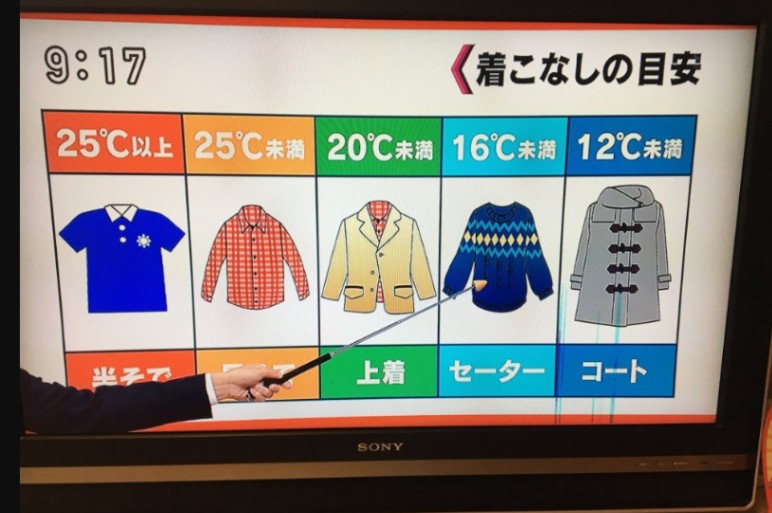
目 such as stitch, seam, texture
me used to indicate the stitching or knitting point of a fabric: 編の目 the weft of a network.
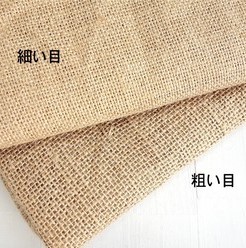
目新しい
Even in this word, if we analyze the combination of kanji, the meaning and sense emerge.
目 eye + 新 new means new to the eyes:
目新しい物。
An original thing.
目の諺 proverbs with the word eyes
孫は目に入れても痛くない。
My beloved nephew.
The literal meaning is even if you put it in the eye, it doesn't hurt.
It's a metaphor that expresses the way in which one loves one's children or grandchildren, loving a loved one in general so even if something stings in the eye, it doesn't hurt.
目つき the look
- おそろしい目つき
threatening look - 目つきの悪い人 person with
dark stare

目上の hierarchy
目上 is an adjective that indicates a person superior in the hierarchy and also an older person than us.
目上の人へのメールの書き方。
How to formulate an email to a superior.
In the sentence we found 書き方, kakikata noun formed by verb in its stem form or base B2 joined to kata which means way, manner.
It is a form that is often found in daily conversation and published in the media, when it comes to explaining how to do something, the way of doing something:
- 漢字の読み方
how to read kanji - てんぷらの作り方
how to make tempura - 新しい単語の覚え方
how to learn new words
目覚まし the alarm clock
Also called 目覚まし時計 clock, alarm clock or from the English loan alarm clock アラームクロック written in katakana, as for all foreign terms.
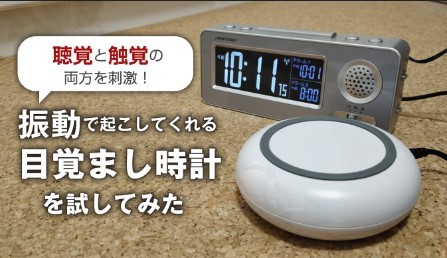
目覚める wake up
Used in the sense that it connects us to the wake-up clock, the act, the moment in which one wakes up from the state of rest and sleep. It is also used in a metaphorical sense as spiritual awakening, redemption, becoming aware, opening the eyes and seeing the things in a new way.
精神的に目覚めた状態。
The state of spiritual awakening.
目 and Keigo, the honorific speech
There is a useful and common expression containing the word 目 and belongs to the Keigo language, the honorific language.
- 敬語
keigo - 敬 respect, reverence, esteem
- 語 language, speech
お目にかかる。
Meet.
The meaning is meet a person in a humble form. It is the honorific expression equivalent to 会う au, meet.
昨日社長の奥様にはじめてお目にかかりました。
Yesterday I met the President's wife for the first time.
それでは明日、お目にかかるのを楽しみにしております。
Well, we look forward to seeing you tomorrow.
This kind of sentences is used in formal or official situations. We generally use the verb 会う when talking to our friends or family.
目隠し blindfold, blinders, shield
From the verb 隠す to hide, the word refers to an object that shelters or covers the eyes, but also to an element that shelters from light or that acts as a dividing panel between one space and another, a fence.

目利き judgment, evaluation
The verb that originates from this noun is 目利きする assess, estimate, judge and also indicates a expert, a connoisseur.
目利きとは、物の価値を正しく見分けることです。
Mekiki means correctly identifying the value of an item.
目移りする difficulty deciding
Being attracted, distracted by many things; distraction; difficulty in choosing; inability to decide:
いろいろあって目移りした。
There were various things and I didn't know what to choose.
目配りする watch over
The kanji that follows 目 me is 配る distribute, deliver and expresses the fact of being vigilant, supervising, staying in guard.
There are other expressions that use a noun + 配り:
- 気配り
care,attention - 心配り
care for others,concern
目立つ stand out
Eyes that rise up (立つ) express well the fact of standing out, making an impression, being noticed, attracting attention, standing out.

目立看板の配色って?
What is the combination of colors that makes a sign stand out?
目指す aspire to
To aspire to something, to pursue something, to have something as a goal:
海外進出を目指す。
Aspire to a promotion abroad.
- 俳優を目指す
aspire to become an actor - 早稲田大学を目指す
aspire to enter University Waseda
